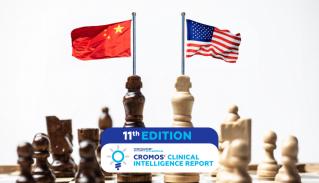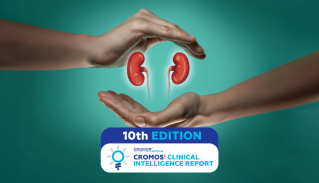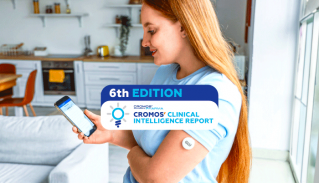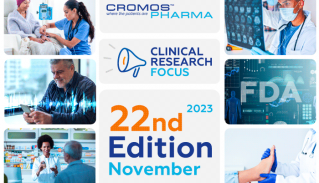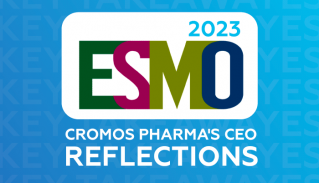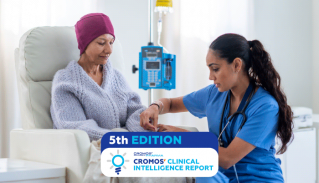
eCONSENT and clinical trials
Clinical research is possible because patient volunteers give their consent to participate in trials. Informed consent is a key part of enrolling patients in a clinical trial whereby the potential participant receives all the information they need about their role in the clinical trial.
It is a central part of ICH GCP that informed consent should be freely given.
It is a legal requirement for all clinical trials and does not simply involve signing a sheet of paper, it involves patients asking questions and speaking with their physician so that they fully understand what is involved.
Moving from paper to digital
While in the past consent was acquired through a traditional pen and paper approach, more recently there has been a growing trend towards electronic consent – eCONSENT. Just like the regular paper-based consent eCONSENT is not merely getting a digital signature. It uses multimedia elements which can be used to develop an interactive and engaging informed consent experience for patient volunteers.
Benefits
According to the not-for-profit organization TransCelerate, eCONSENT has the potential to improve communications between site staff and patients as well as offering opportunities for greater patient engagement. Proponents of eCONSENT argue that as clinical trials have become increasingly complex so too have consent forms.
Traditional means of gaining consent don’t always cater for varying degrees of literacy and health literacy among patient volunteers. By using alternative media like video, audio and infographics patients may gain better understanding of their participation in clinical trials. Consider for example a clinical trial involving patients with dementia, eCONSENT can offer flexibility in terms of how patient information is presented through multimedia materials tailored to these patients cognitive and communication abilities. eCONSENT also offers a fully traceable digital record of the consent process which will help sponsors with regulatory inspections.
Potential advantages:
- improving understanding among patients;
- testing and reinforcing participant understanding;
- providing valuable feedback on how consent materials could be improved ;
- improving patient recruitment process and retention;
- enabling process efficiencies, saving time and money.
Considerations
However, some concerns remain about the adoption of this digital approach to consent including issues relating to software standardization, the IT investment required, cybersecurity and data privacy.
The future
While eCONSENT technology has been around for some time the clinical trials sector has been slow to adopt it, preferring to stick with traditional models. However, the COVID-19 pandemic has brought eCONSENT back into the spotlight as CROs and sponsors were forced to rapidly adapt their clinical research models in line with public health restrictions. As the industry pivoted to decentralized trials and remote monitoring eCONSENT has emerged as a major trend that looks set to become firmly established in the years ahead.
Learn more about the regulatory framework around eConsent:
FDA Use of Electronic Informed Consent in Clinical Investigations – Questions and Answers




